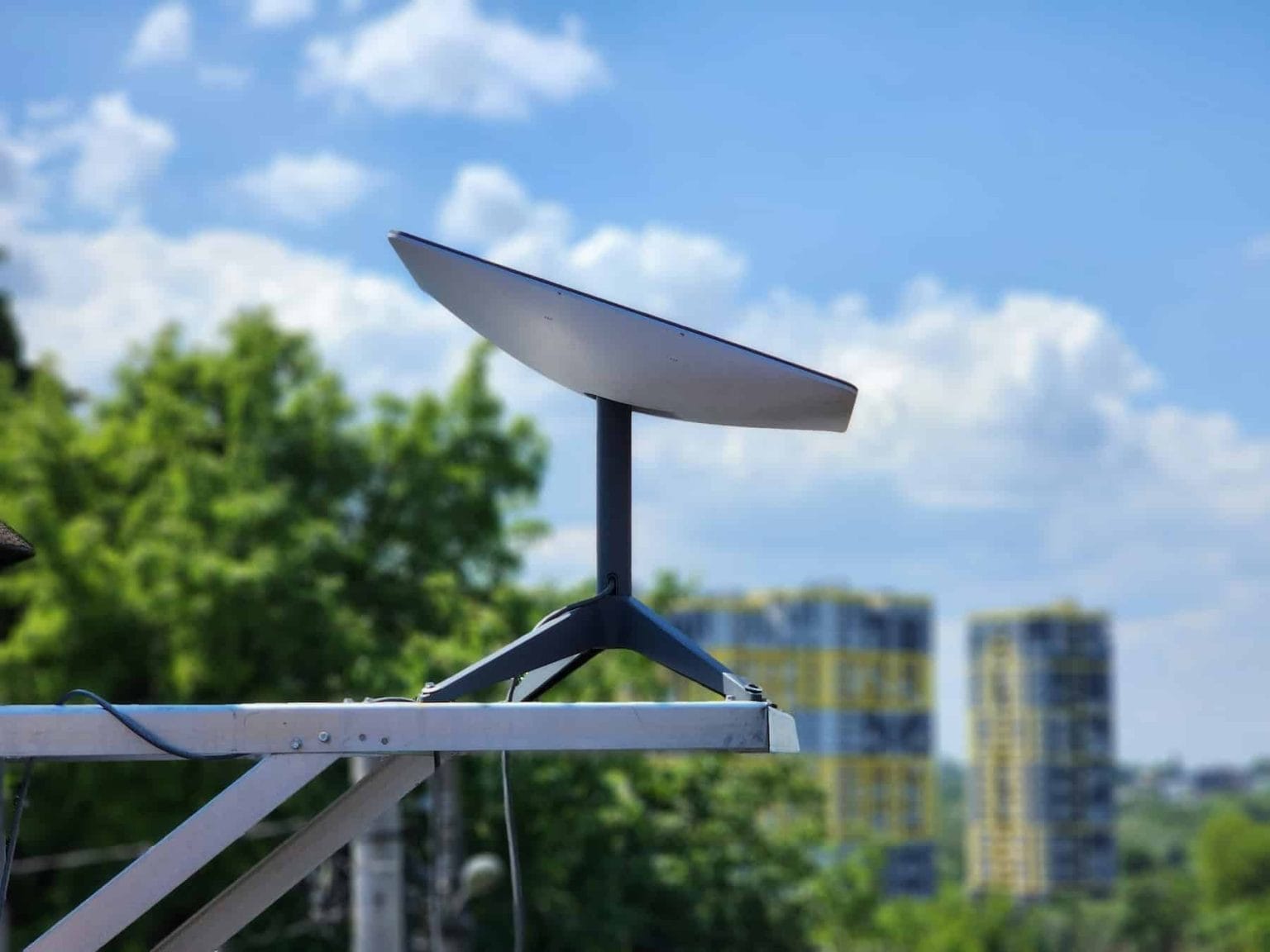The Federal Communications Commission (FCC) has given the green light to SpaceX to offer direct connectivity services to mobile devices via its Starlink satellite network. This approval marks a milestone, as it is the first time a satellite operator and a telecommunications company have received regulatory authorization to provide mobile coverage from space.
The decision allows SpaceX to advance its collaboration with T-Mobile, aiming to extend mobile connectivity through satellites in areas without terrestrial coverage, known as “dead zones.”
“The Commission recognized that satellite-to-device connectivity can provide essential public interest benefits, including ubiquitous connectivity, access to 911 emergency services in remote areas, technological advancements, and innovative use of spectrum,” explained the FCC in its resolution.
A Step Toward Global Connectivity
The approval comes after more than two years of regulatory processes. SpaceX will be able to use T-Mobile’s cellular frequencies via its second-generation satellite constellation (Gen2 Starlink), which will operate in low orbits, between 340 and 360 kilometers in altitude, utilizing Ku-, Ka-, E-, and V-band frequencies.
However, the FCC conditioned SpaceX’s operations below 400 kilometers on successful physical coordination with NASA to protect the International Space Station (ISS), its visiting vehicles, and the launch windows for the agency’s scientific missions.
While SpaceX has received authorization to operate 7,500 satellites in these orbits, its request to deploy over 22,400 additional satellites is pending.
Emergency Backup and Competition Challenges
The partnership between SpaceX and T-Mobile, announced in August 2022, aims to provide mobile connectivity across the United States, eliminating coverage gaps. Last month, both companies received temporary authorization to use Starlink satellites to provide direct coverage to mobile devices in North Carolina, a region severely affected by Hurricane Helene.
However, the service deployment faces opposition. AT&T and Verizon, direct competitors of T-Mobile, have asked the FCC to delay SpaceX’s plans, arguing that they could harm their mobile broadband networks. These companies, which have alliances with AST SpaceMobile, plan to offer comprehensive coverage in North America through spacecraft messaging services.
SpaceX, for its part, has assured that its operations will not interfere with its competitors’ networks and has characterized the objections as tactics to hinder its deployment.
A One-Year Exclusivity with T-Mobile
Elon Musk, founder of SpaceX, recently confirmed that Starlink will exclusively provide mobile internet access to T-Mobile in the United States for one year. This move underscores the commitment of both companies to lead mobile connectivity from space, setting a precedent for future innovations in satellite telecommunications.
The FCC’s approval not only represents a technological advancement but also an opportunity to democratize internet access in remote areas, expanding the reach of communications across the United States.
References: FCC docs

